
After an accident while performing in a magic show, Jennifer began suffering from debilitating migraines. Now, thanks to Dr. Kara Way, Neurologist, she does Botox for migraine and can continue to live her life as a performer and dance teacher.

Julie has a passion for serving others and going on mission trips. She was scheduled to go on one to the Amazon River. Little did she know she would soon be on her own mission to healing.
.jpg?sfvrsn=75dcec05_1)
Damage caused by the sun is permanent. The best way to lower your risk of skin cancer, wrinkles and age spots is to protect your skin from the sun.
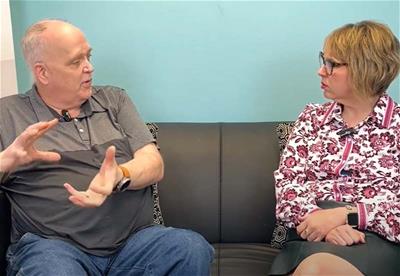
We talk to Ron about how having excruciating pain when he walked was robbing him of things he loved, and how foot surgery gave it all back - pain free.
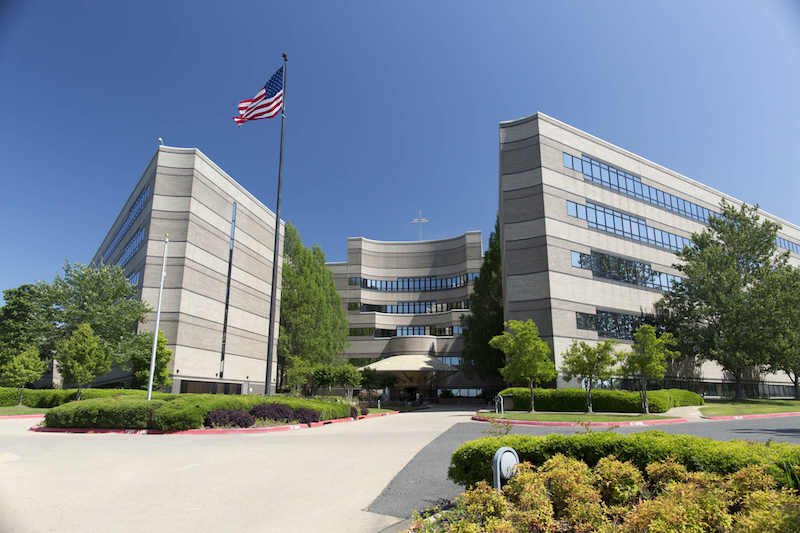
CHI St. Vincent, a leading regional health network serving Central and Southwest Arkansas, announces its new CHI St. Vincent Gastroenterology Clinic in Hot Springs.
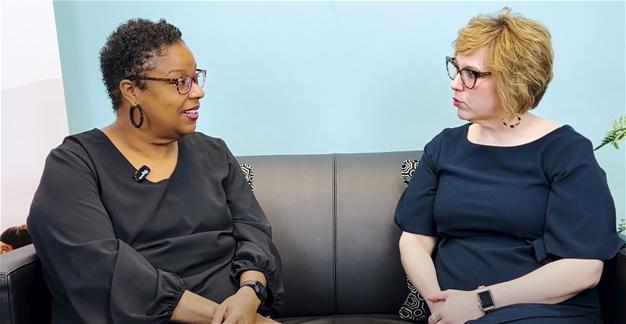
Shelley knows breast cancer all too well. It’s in her family history with her mom being a three-time survivor. While most people get mammograms annually, she gets check-ups every six months and she believes that saved her life.

As the vibrant colors of spring start to bloom, so do the dreaded symptoms of seasonal allergies. Read to learn some surprising facts about spring allergies and explore practical tips to combat them.

Learn about kidney health including three things to know about screening and diagnosing chronic kidney disease.

With Arkansas having a front row seat to the April 8th Total Solar Eclipse, there are a few things you need to know to stay safe on eclipse day.
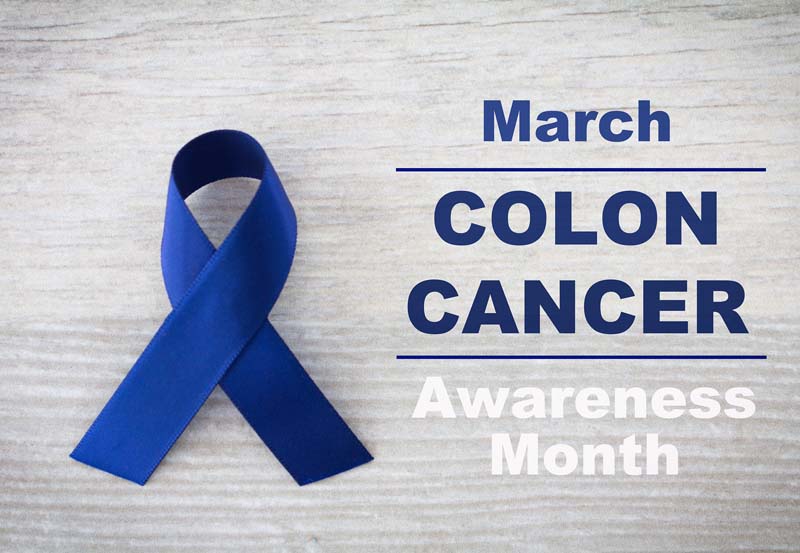
Once considered a disease of older adults, colon cancer is now becoming more common in people under 50.
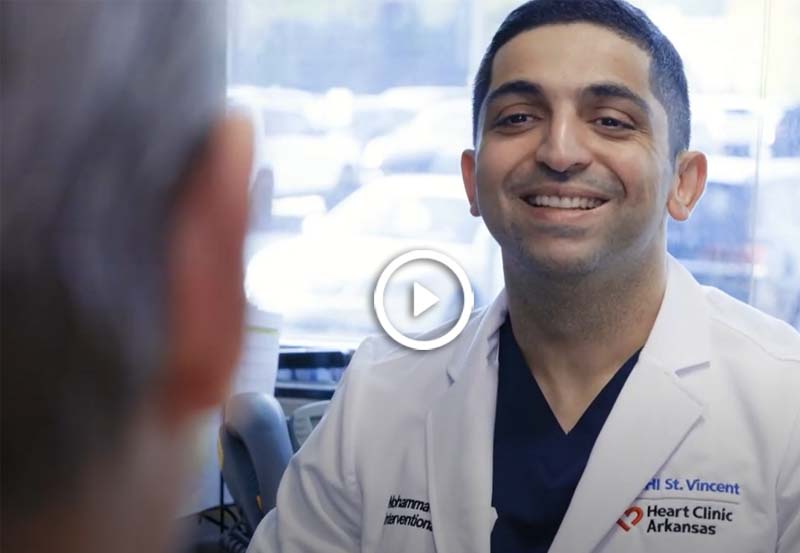
Before causing a heart attack or stroke, heart disease often has subtle symptoms.
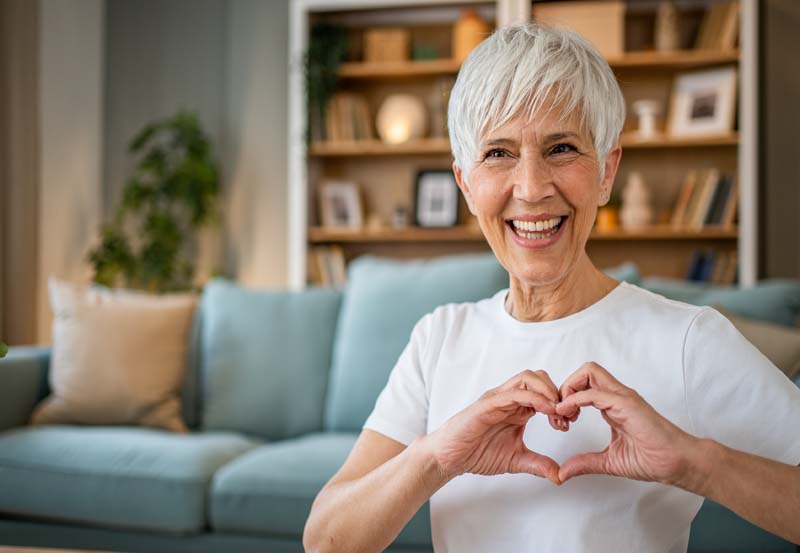
Do you ever say “I love you with all my heart” to someone? Why not show them by taking care of your heart! Start today by taking steps to reduce your risk of heart disease.
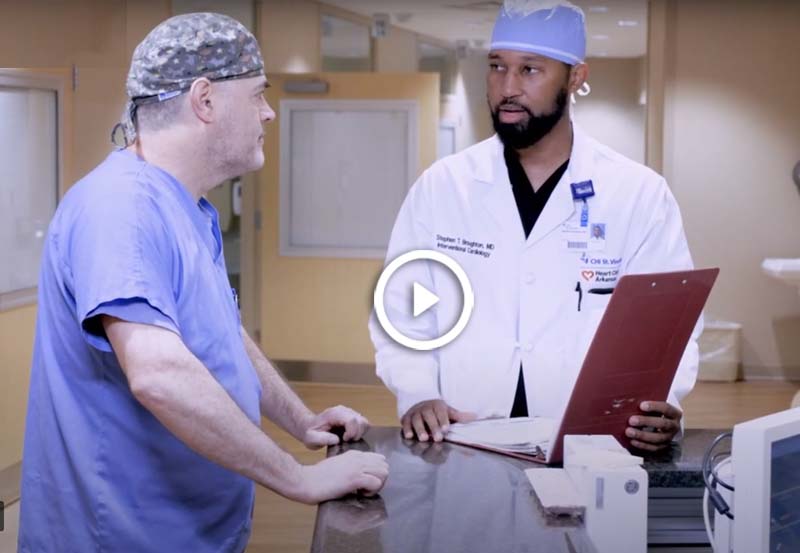
For patients who have signs of developing heart disease, CHI St. Vincent has many of the advances in imaging technology to help diagnose the problem and its severity.
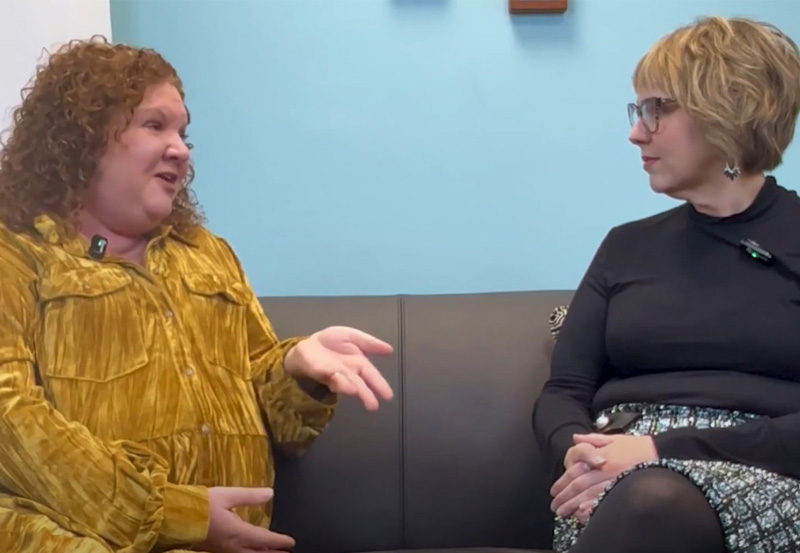
Missy was involved in a freak accident that ended up revealing her stage two colon cancer diagnosis. She shares her testimony in order to help other patients battle through surgery and recovery.
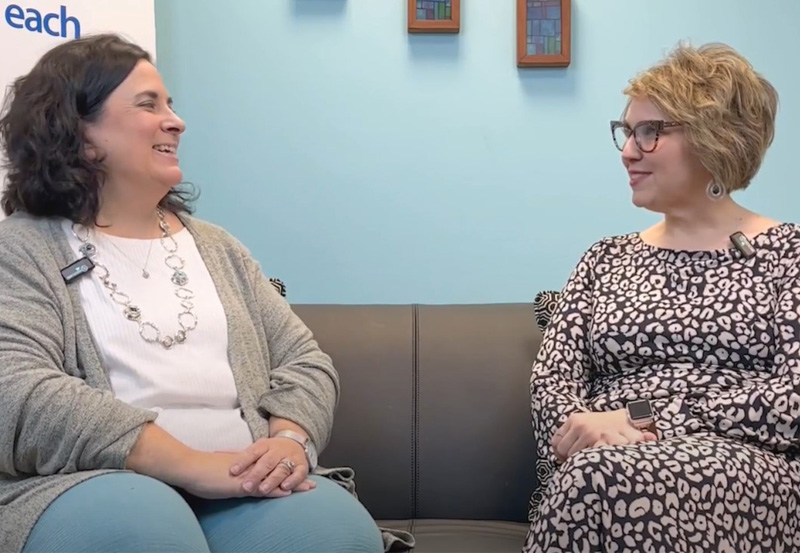
In this episode of "A View From The Bed," a podcast by CHI St. Vincent, we talk to Jennifer, a bariatric surgery patient, about her weight loss journey.
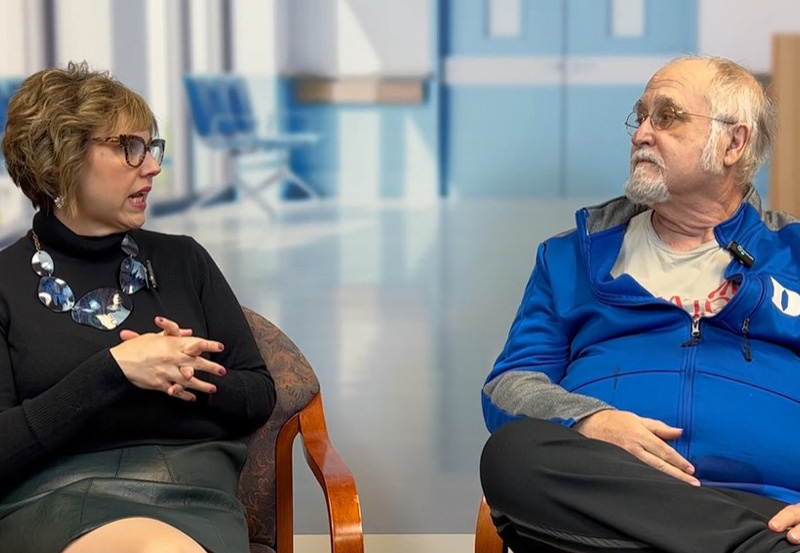
The CHI St. Vincent HeartSmart Screening Program revealed Patrick had major blockage and required a triple bypass surgery. Patrick said he's fortunate to be alive and credits his doctor for recommending the program.

“The process of plaque buildup starts at a very early age. That’s why it’s important to screen for risk factors for developing heart disease or coronary artery disease early in life,” says Dr. Al-Sarie, an interventional cardiologist with the CHI St. Vincent Heart Clinic.

Quickly see the most common signs and symptoms of a heart attack and how they compare with similar conditions like strokes, heartburn, angina, and more.
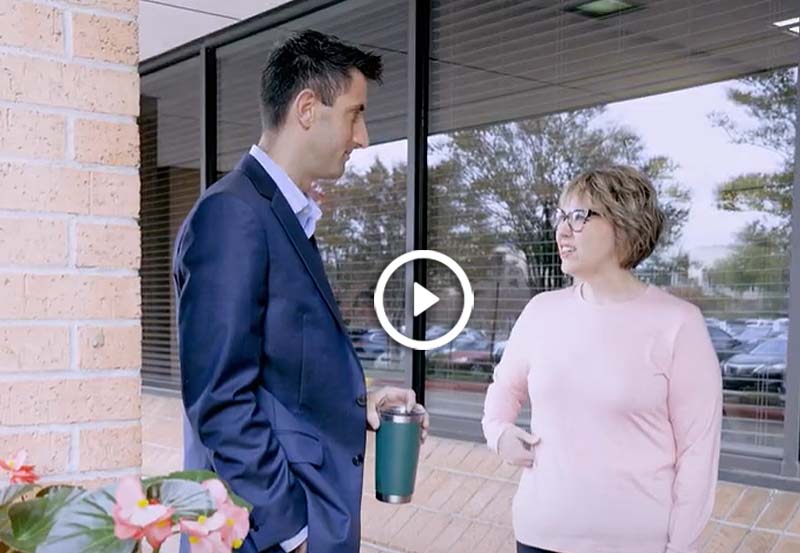
Weight loss surgery is a commitment to your body and to your health. Don’t be embarrassed to take the first step because it’s a tool to help you get where you need to be.

The New Year brings changes, and unfortunately some are out of our control. However, what about those changes that we can control?
